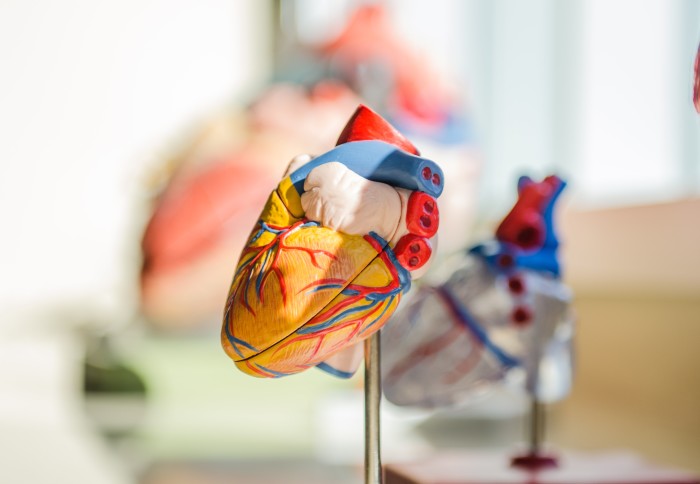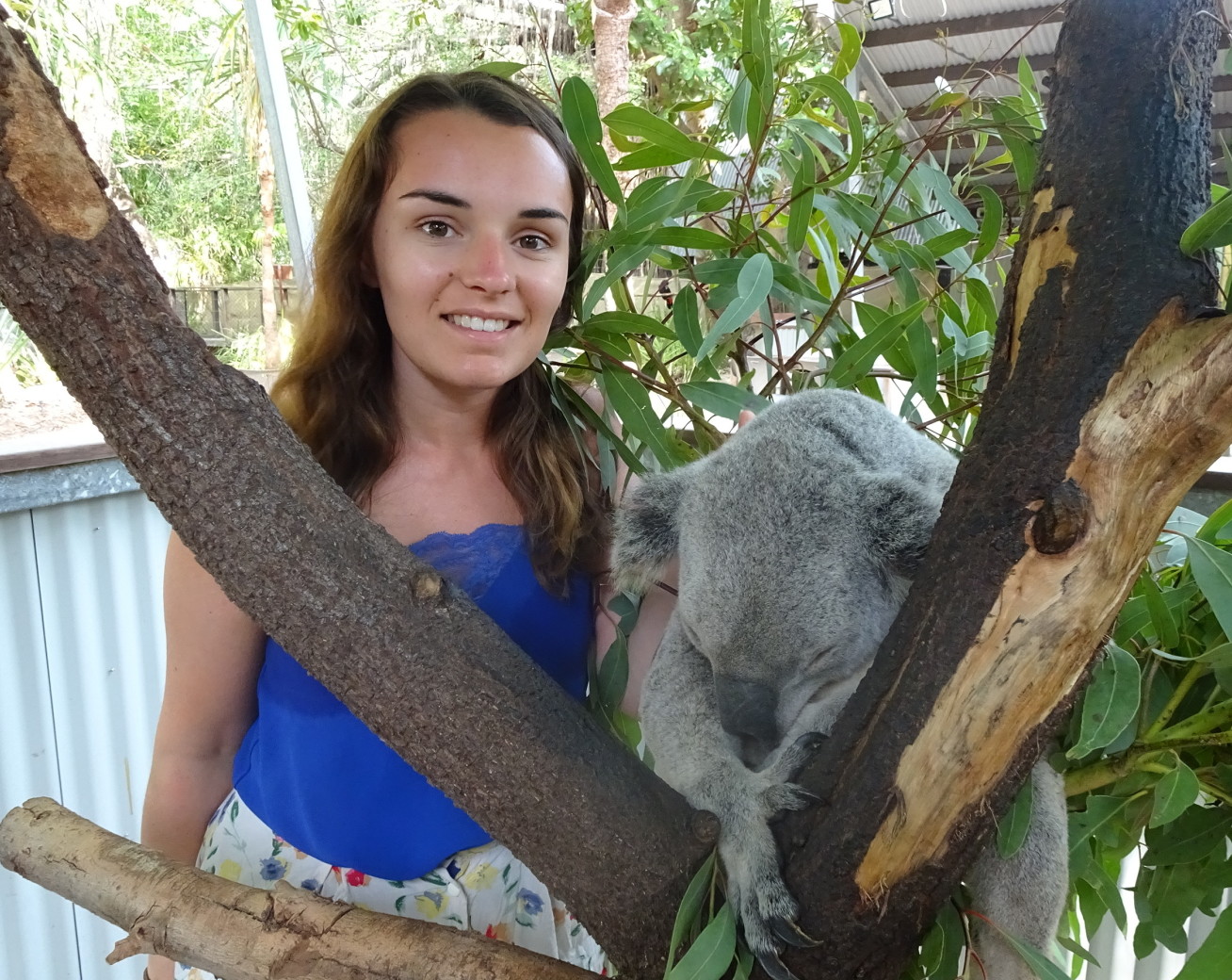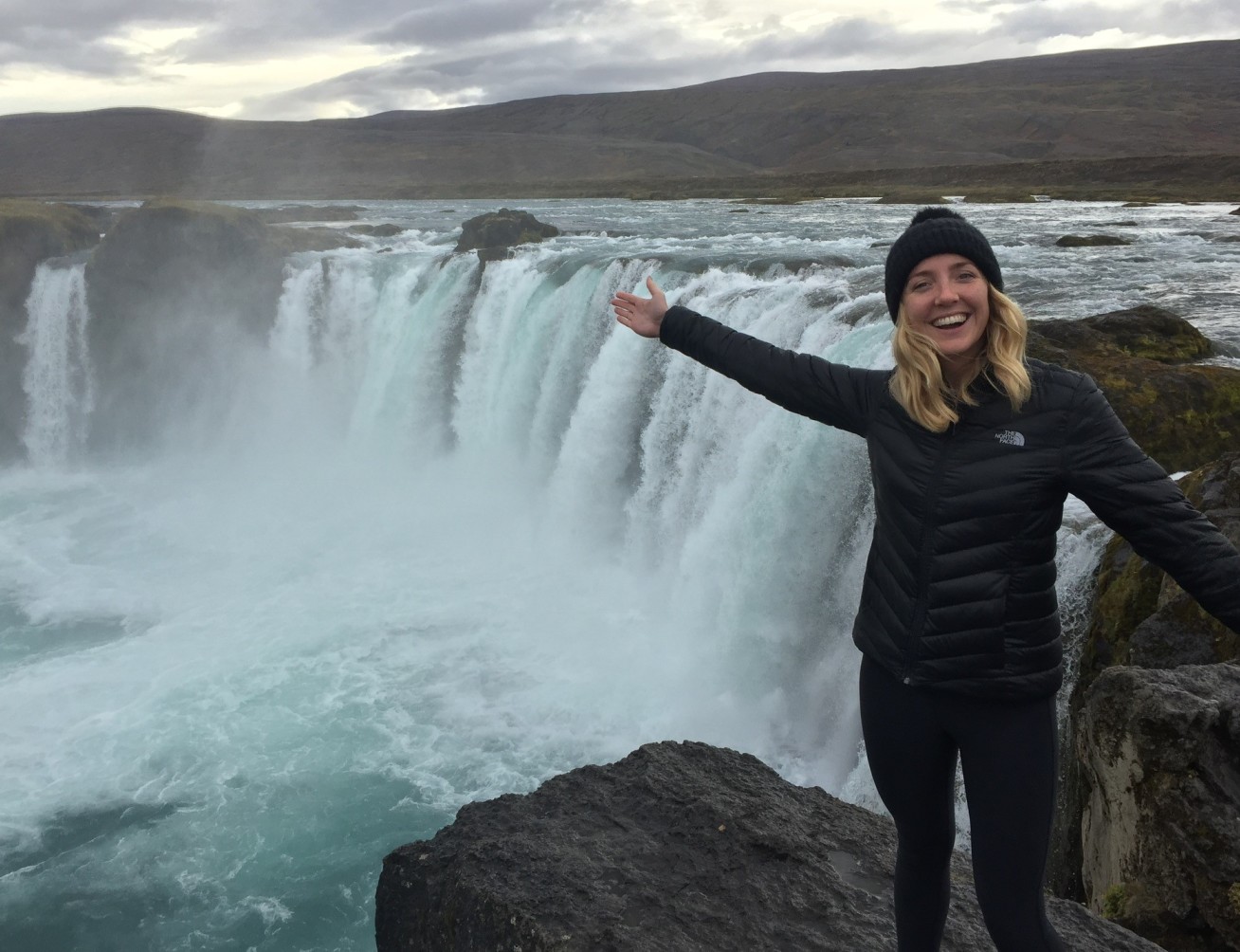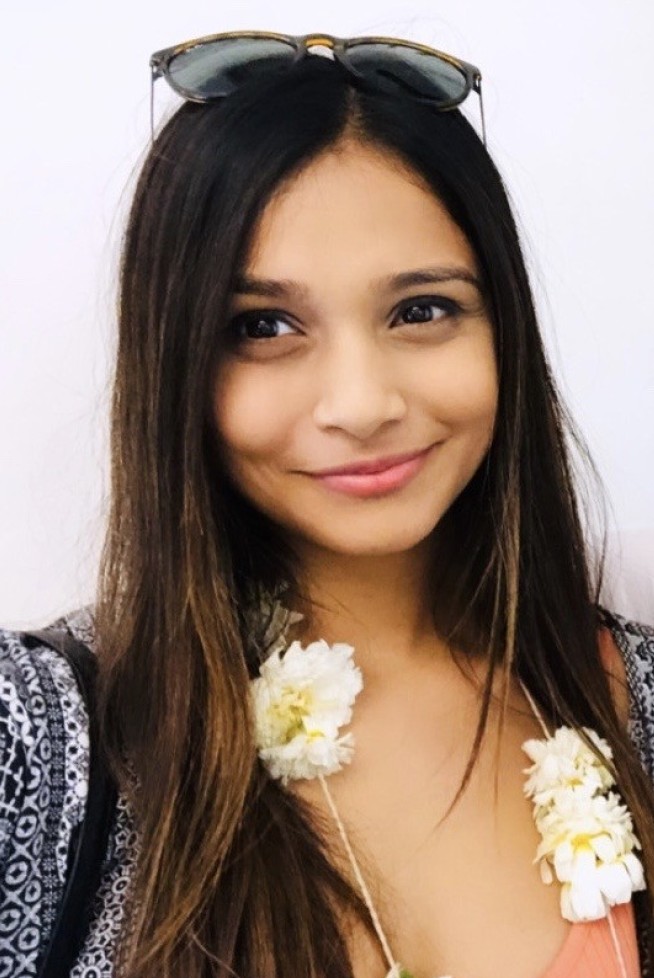PhDs in lockdown - National Heart and Lung Institute students tell all

We spoke to some of our cardiovascular students to hear about their PhDs, the impact COVID-19 has had on their work and their own words of wisdom.
Alice Francis, Rachel Walters and Kelly De Coteau were kind enough to take time out of their busy schedules to give us an insight into their PhD journeys to date.
What is your PhD about?
Rachel - My PhD is focused on the genetics of pulmonary arterial hypertension (PAH). This is a form of heart disease which affects the pulmonary arteries. These are the structures that deoxygenated blood flows through from the heart to the lungs. I am trying to assess the effect of enhancers on genes which are linked to PAH to see how they might cause or contribute to disease. I knew I wanted to stay in the field of human disease and genomics, and I liked the project and the opportunities being in this lab would give me.
Alice - I am investigating the gender differences in heart failure, in particular looking at the role of oestrogen and how it affects calcium ion (Ca2+) signalling in the heart because it is well known that as women go through menopause (and circulating oestrogen levels decline) their risk of developing cardiovascular diseases increases. I was drawn to this research topic because gender differences are often unaccounted for in research studies despite being prevalent and very topical!
Kelly - My PhD looks at the genetics of cardiovascular diseases. We all have genetic variance and some people have a combination of these variances that can increase their risk of developing a vascular disease. I look at the regulatory side of DNA and how that impacts your risks of developing a cardiovascular disease. I didn’t know that I wanted to focus on cardiovascular disease as a main topic but I was really interested in genomics and how genetics can affect your risk of developing the disease. When I read the advert, I saw that it integrated a lot of the methods I had learnt during my MSc which was great.
What are you up to at the moment?
Rachel – Due to the COVID-19 pandemic my lab work had to be put on hold. So, I have started writing the introduction chapter of my thesis. This is happening around a year early, but it’s nice to know I’m helping future Rachel with the huge amount of writing she’ll have to do.
Alice - I am in the final year of my PhD so have been starting to write my thesis and planning experiments for my return to the laboratory post-lockdown!

Was it easy finding your funding?
Rachel - I found my PhD through findaPhD.com. I knew I needed a fully-funded PhD, so I filtered out those that weren’t funded and found something which interested me. Then I sent off my CV and had a face-to-face interview.
Alice - I am funded by the British Heart Foundation. I secured the funding because I had worked in the same laboratory group as a research technician for a year and a half, gaining relevant laboratory experience and skills that were tailored to the PhD project.
Kelly – My PhD was advertised on findaPhd.com but it was actually Professor Mike Lovett (who ran the MSc Genomic Medicine) who forwarded the advert to me as he thought it would something I’d be interested in. I’m funded by the British Heart Foundation on the four-year programme which includes the integrated MSc year. It’s a great scheme headed up by Professor Sian Harding. She sits down with you at the beginning and checks in to see how you are getting on so it’s a really friendly set up. I’ve also got really supportive supervisors and research group.
What were you doing before starting your PhD?
Alice - Before starting the PhD, I spent six months working in a different university as Laboratory Assistant and then started as a Research Technician working within Professor Ken MacLeod’s laboratory in NHLI at Imperial. I was immersed in the academic world; attending seminars, meeting researchers and learning specialised laboratory techniques which not only spurred my interest in doing a PhD but was good preparation for starting it.
Rachel - I read for an undergraduate degree in Biology at The University of Bath. At Bath, you have the option to take your third year out as a year in industry (placement). In this year I worked in a research lab at the University of Sydney (Australia) studying amyotrophic lateral sclerosis (ALS) using fruit flies. Having the opportunity to work on an independent project was really exciting and it made me want to do a PhD.
Kelly - Before my PhD, I did my MSc in Genomic Medicine at NHLI. Between my MSc and this PhD I had a year off working. I’m glad I took that year off - I think if I had gone straight into the PhD from my MSc it might have been a bit too much for me, especially given that I have the additional MSc year included with this PhD.
Why did you choose Imperial?
Rachel – I knew I wanted to stay in the UK, so I looked for PhDs which interested me and were located here. In my interview for this PhD, I asked to see the facilities and the lab where I might be working. I was really impressed with the building and the separate office and lab space.
Alice - Imperial is one of the leaders in the field of research and innovation and I wanted to be a part of that community! It was also important to me to join an institution that has a good reputation and is recognised globally, as I may one day want to work abroad. I was very keen to move to London too! And finally, because I was already working at Imperial, I knew that I really liked my research group and was part of a brilliant department with a good sense of community and ethos that I wanted to maintain for my PhD.
Kelly – My first exposure to NHLI was through my MSc and the experience I had gave a really great first impression of the department. Mike Lovett and Louise Blakemore are fantastic, both of them are very supportive. They are interested in your research and hearing about what you want to do next, and if you want to do a PhD, they’ll do as much as they can to help you get there.
The MSc itself was great as I had the opportunity to meet people from all areas of NHLI and get an idea of what I enjoyed doing. Also, there is always top-class research taking place at Imperial and being published in great journals or even making the news. You get a lot of opportunities at Imperial to collaborate with institutions globally.

How have you found being in London?
Alice - I love London. It definitely took some getting used to with the busyness and fast pace but not without feeling sheer excitement for being in such a great city! There is always stuff to do, from eating out to comedy to galleries and parks and lidos.
Rachel - Being from the north of England, I sometimes still find it difficult paying more than £5 for a pint! But apart from that I have really enjoyed living in London. It has so many individual areas with hugely different characters. You can spend Saturday relaxing in Richmond Park and have a nice pub lunch, then in the evening be having a great time in the bars and clubs of Camden. It’s such a diverse city, there’s so much to learn and explore.
Kelly - I’m from London originally, it just so happened that I lived in London and the PhD I wanted to do was in London - I would have been happy to move anywhere but it worked out with the PhD so I stayed here.
Is there anything you like doing outside of your PhD?
Rachel - When you’re doing a PhD, it’s so important to find time to do things you enjoy so you can relax. I like to spend time with friends exploring the city. I also love reading and find it a good way to turn my brain off and think about something other than science.
Alice - Since lockdown I have been developing my cooking and bread making skills, growing vegetables and tending to (a few too many) houseplants and have particularly enjoyed going out cycling and exercising. In the summer I spent a lot of time meeting friends outdoors having picnics, long walks and playing rounders.
Kelly - I like to do things that help me to de-stress, so I try to keep active by playing tennis. I am currently training for a half-marathon which has been pushed back to April 2021 due to COVID!
Have you had any highlights or anything that has surprised you since starting your PhD?
Alice - A big highlight was presenting at my first international conference at the end of my second year. I was able to go to San Diego for the Annual Biophysics Conference which was a great opportunity and good fun! I met lots of researchers from around the world and it was interesting to get their feedback and suggestions for my project.
Rachel - I’m over halfway through my second year and I’m amazed at how fast the time flies. You’ll be so busy learning new skills and collecting data that a month can fly by extremely quickly.
Kelly - I suppose having a lockdown at the beginning of the year has shaken things up quite a bit. I was surprised at how productive those few months in lockdown were. My PhD project is split between both bioinformatics and wet lab, so I was able to solely focus on the computational side for a while, which was a nice change. Coming back to the lab, I found that I was more confident and motivated to get the project moving.

Do you have any advice for someone considering a PhD?
Rachel - It’s important to make sure you’ll fit in in the lab that you’re doing your PhD in. When you’re in the interview ask questions about lab meetings or the social side of the lab. Do they meet up outside of work? Go for dinners or drinks? If a social lab is important to you, ask about it in the interview! Also, make sure you take time off. Burnout is a real problem in this industry and it’s important to remember to take care of yourself throughout the PhD.
Alice - My two main pieces of advice would be; first find an area of science that you are interested in because you dedicate a lot of time to it and it can get very niche! Secondly, if possible, I highly recommend working or volunteering in the laboratory group beforehand so that you get to know the work style, the people and your supervisor so you can make a sure decision that you want to embark on a PhD with them!
Kelly - I would recommend to research the group that you may be joining. Although it is important to make a good impression, it is also important that the group that you will be joining will be a good fit for you too. Reading their publications will be useful in determining if you would enjoy your own project and research area.
Our labs were closed according to COVID-19 guidance earlier in the year but students are now following rotas and have dedicated days in the labs.
Hear from our Respiratory PhD students who we spoke to last year.
Article supporters
Article text (excluding photos or graphics) © Imperial College London.
Photos and graphics subject to third party copyright used with permission or © Imperial College London.
Reporter
Miss Lizzie Lomer
National Heart & Lung Institute